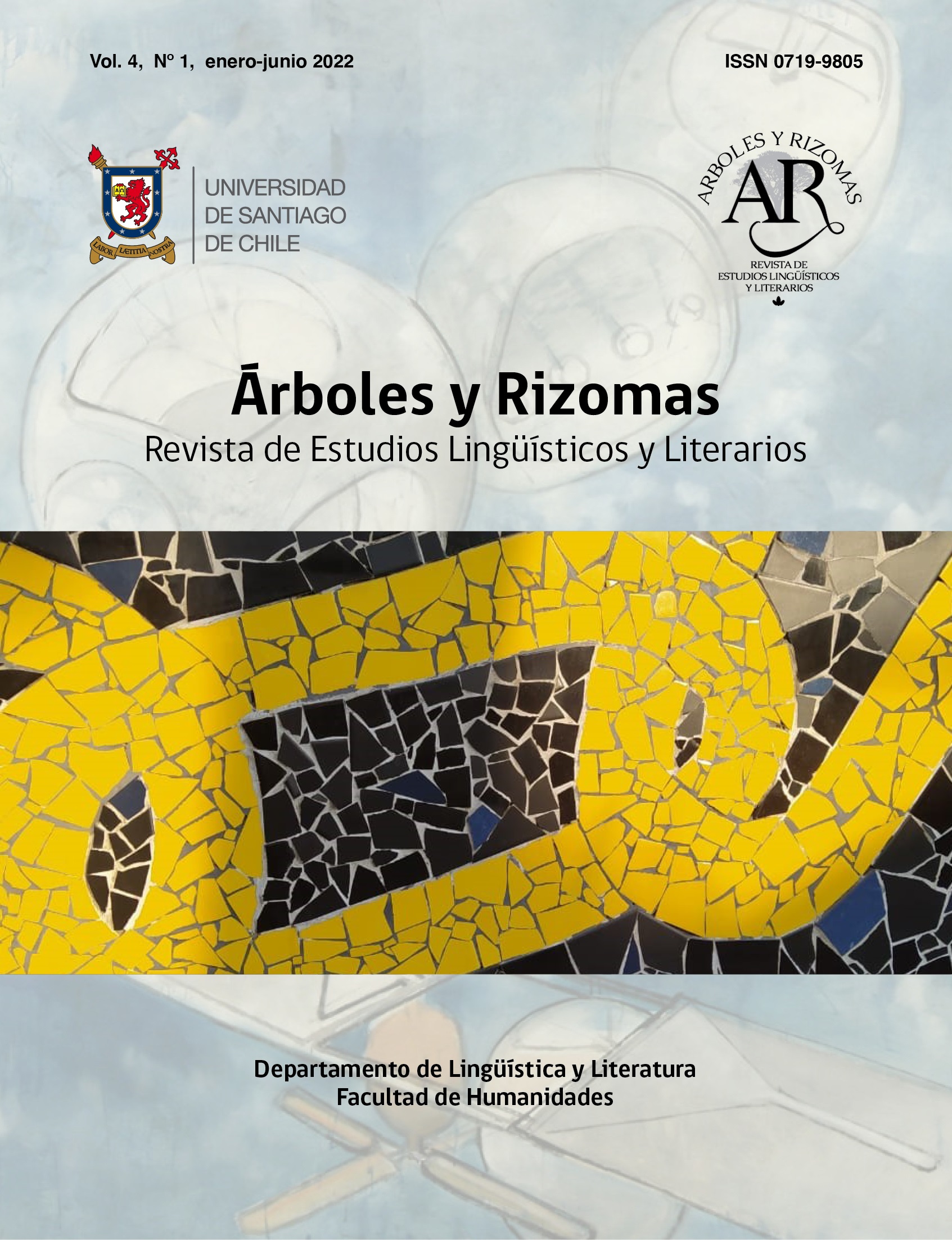The burden of denying: relevance theory analysis of checkings in "Projeto Comprova"
DOI:
https://doi.org/10.35588/ayr.v4i1.5348Keywords:
cognitive pragmatics, relevance theory, information disorder, disinformation, fact-checkingAbstract
Based on the relevance theory conceptual architecture, we analyze ostensive-inferential cognitive processes both in checking and interpretation of checking of information about covid-19. We selected fourteen verifications of supposedly false and misleading information about the pandemic published by Brazilian’s Projeto Comprova in August 2020. The evidence suggests prevailing in the checking the burden of denying assertive premises from formally valid and materially false conditional inferences containing the target of disinformation. In this process, checking (a) restates the false premise, as negative molecular formulations ØP (not-P) demand to enunciate the statement and its denial, and (b) generates fallacies of denying the antecedent in these target inferences.
Downloads
References
Andersen, A. J. M. (2021). The Relevance of Misinformation on Social Media: A Study on the Adherence and Sharing of “Fake News” within Relevance Theory Framework (Qualificação de Dissertação). Universidade Federal do Paraná.
Andersen, A. J. M., e Godoy, E (2020). Infodemia em tempos de pandemia: batalhas invisíveis com baixas imensuráveis. Memorare, 7(2), 184-198.
https://doi.org/10.19177/memorare.v7e22020184-198
Benkler, Y., Faris, R., Roberts, H., & Zuckerman, E. (2017, March 3). Study: Breitbart-led right-wing media ecosystem altered broader media agenda. Columbia Journalism Review. Retrieved from
https://www.cjr.org/analysis/breitbart-media-trump-harvard-study.php.
Berger, G. (2019). Prefácio. In: Ireton, C., e Posetti, J. (Eds.). Jornalismo, Fake News & Desinformação: Manual para Educação e Treinamento em Jornalismo. Tradução de Sarah Rebouças Reedman. Brasilia, Unesco. Série Unesco sobre educação em jornalismo. Retirado de:
https://unesdoc.unesco.org/ark:/48223/pf0000368647.
Comprova (2021). Retirado de: https://projetocomprova.com.br.
First Draft (2021). Retirado de: https://firstdraftnews.org/.
Rauen, F. J. (2015). Roteiros de iniciação científica: os primeiros passos da pesquisa científica desde a concepção até a produção e a apresentação. Ed. da Unisul.
Rauen, F. J., e Rauen, B. M. (2019). Jurisprudência sobre a extensão do escopo da Lei Maria da Penha a homens heteroafetivos vítimas de violência doméstica e familiar: análise pragmático-cognitiva. Revista de Estudos da Linguagem, 27(1), 299-332.
http://dx.doi.org/10.17851/2237-2083.27.1.299-332
Sperber, D., Clement, F., Heintz, C., Mascaro, O., Mercier, H., Origgi, G, e Wilson, D. (2010). Epistemic Vigilance. Mind, e Language, 25(4), 359-393.
https://doi.org/10.1111/j.1468-0017.2010.01394.x
Sperber, D., e Wilson, D. (1995). Relevance: Communication and cognition. 2nd. ed. Oxford: Blackwell. (1st. ed. 1986).
Wardle, C. (2017) Fake News. It’s Complicated. First Draft. Retirado de: https://bit.ly/3n1vJmo.
Wardle, C., e Derakhshan, H. (2017). Information Disorder: Toward an Interdisciplinary Framework for Research and Policy Making. Council of Europe. Retirado de:
Wardle, C., Pimenta, A., Conter, G., Dias, N., e Burgos, P. (2019). Avaliação do impacto de um projeto de jornalismo colaborativo sobre jornalistas e audiências brasileiros (Relatório). First Draft. Retirado de:
Wilson, D. (2004). Pragmatic Theory. UCL Linguistics Dept. Retirado de: http://www.phon.ucl.ac.uk/home/nick/pragtheory/.






